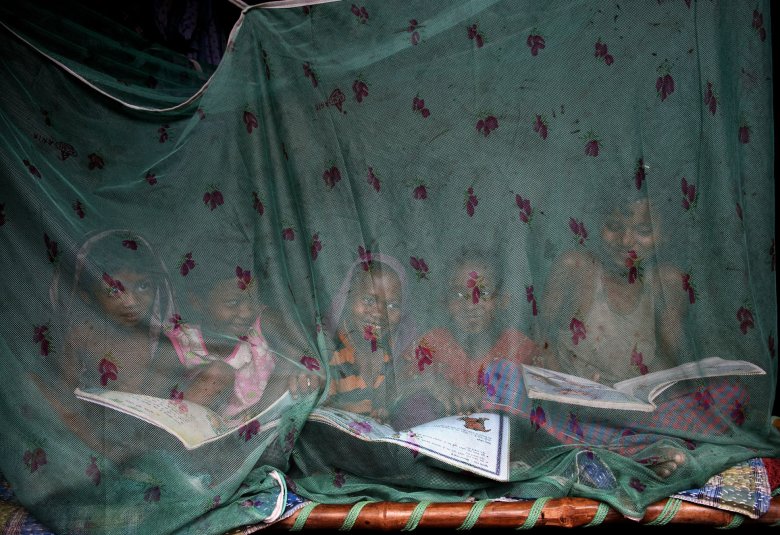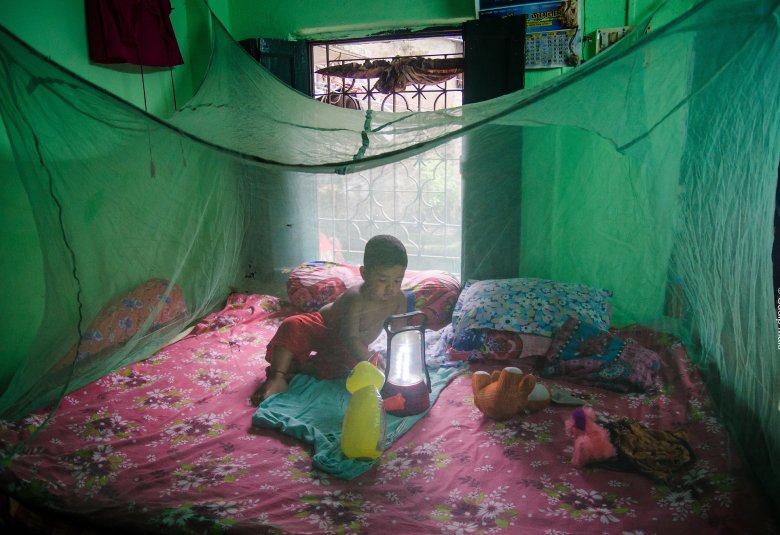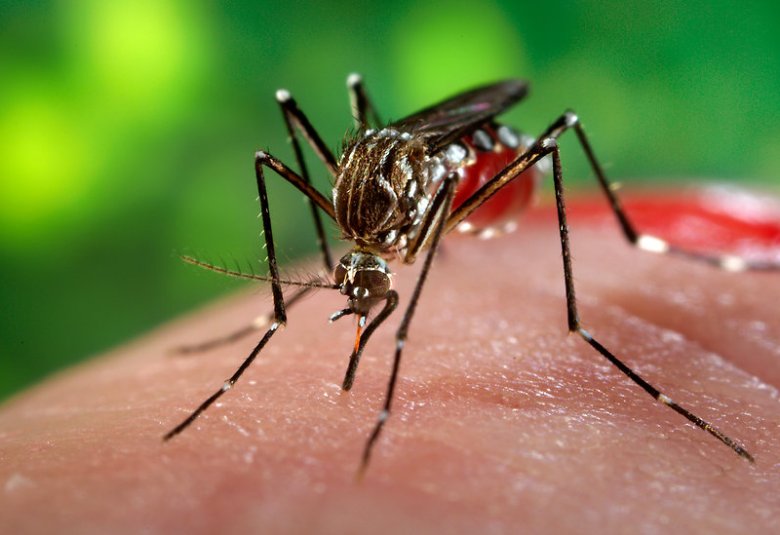Malaria: ‘Tamed but not defeated’
This was the message from Dr Margaret Chan, Director-General of WHO, at yesterday’s launch of the new WHO/UNICEF report: Achieving the malaria MDG target.
Dr Chan was joined by the Rt. Hon Justine Greening, the UK Secretary of State for International Development, and Dr Richard Kamwi, the former Minister of Health of Namibia and Ambassador of the ‘Elimination 8’ initiative in southern Africa at the launch of the report on 17 September 2015 in the House of Commons.
The report shows that the malaria MDG target to ‘have halted and begun to reverse the incidence’ of malaria by 2015, has been met ‘convincingly’, with new malaria cases dropping by 37% in 15 years. An increasing number of countries are on the verge of eliminating malaria. In 2014, 13 countries reported zero cases of the disease and 6 countries reported fewer than 10 cases. The fastest decreases were seen in the Caucasus and Central Asia, which reported zero cases in 2014, and in Eastern Asia.
However, Dr Kamwi warned that the ‘biggest mistake is to pat ourselves on the back and say we have won the battle. We cannot afford to slow down’.
Despite tremendous progress, malaria remains an acute public health problem in many regions. In 2015 alone, there were an estimated 214 million new cases of malaria, and approximately 438 000 people died of this preventable and treatable disease. About 3.2 billion people – almost half of the world’s population – are at risk of malaria.
New research published in Nature from the Malaria Atlas Project (a WHO Collaborating Centre based at the University of Oxford) – shows that insecticide-treated nets have been by ‘far the most important intervention’ across Africa, accounting for an estimated 68% of malaria cases prevented since 2000. ACTs and indoor residual spraying contributed to 22% and 10% of cases prevented, respectively.
Book now to hear one of the authors of the paper, Professor David Smith, Sanaria Institue for Global Health and Tropical Medicine, speaking on malaria eradication at our meeting this Friday: The Disease Elimination Agenda: the role of science, policy and advocacy.
The way forward
Further funding and research is needed. In May 2015, the World Health Assembly adopted the WHO Global Technical Strategy for Malaria – a new 15-year road map for malaria control. The strategy aims at a further 90% reduction in global malaria incidence and mortality by 2030.
The WHO-UNICEF report notes that these targets can only be achieved with political will, country leadership and significantly increased investment.







